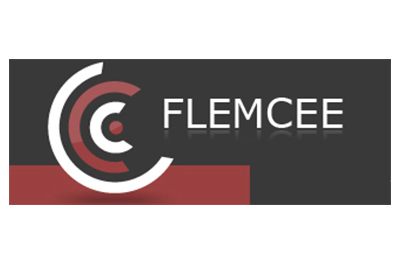FLEMCEE - Flexible employment and social dialogue development in cee countries – increasing the number of good active employers’ practices (flemcee)
In December 2009 the ZDS started with project activities as a partner in the FLEMCEE project, which is coordinated by the Bulgarian Industrial Association (BIA). Employment and human resources are seen as major fields of targeted impacts in the renewed Lisbon Strategy. The European employment model faces the challenge of improving employment flexibility based on diversification of employment status, working time, working regimes, labour organization forms and work payment systems. The policy of establishing a flexible labour market is much more developed in old EU member states, whereas it is used far less in new member states and it often meets exceptional resistance from trade unions. The various forms of flexible employment are somewhat known to employers’ organizations and employers, but mostly as concepts, without being familiar with the benefits and shortcomings to the employer as well as to the employee and environment. It is necessary to present more practically oriented information in national languages on both the different forms of flexible employment and on the ways in which one may use and introduce them. In order to improve the business and the labour force capacity to meet the rapidly changing requirements in a highly competitive global economy, reform of the labour market is needed. In view of the financial and economic crisis, actions are called for in support of unemployed and employed persons in the adverse labour market conditions. In these conditions the application of the integrated flexibility and security approach is of substantial significance to diminish segmentation, to facilitate the mobility of people in the labour market, to encourage social inclusion and to maintain and create employment.
The main expected outcome of the project is better awareness and information on the flexible forms of employment, a better perception of the practical application of these forms and their advantages, and a higher level of industrial relations and social dialogue. The project will provide training measures (seminars) on different flexible forms of employment in cooperation with local and foreign experts. As a result of the seminars and the project’s web site, the participants and other interested parties are expected to contact the employers’ associations for more information. Flexible forms of employment, security and new instruments of social dialogue will become a field of expertise in the employers’ associations within the project.
The project also targets the exchange of information between partners on flexicurity and increasing their capacity and range of instruments to improve the elements of flexibility and security and restructuring of social dialogue in their respective countries. A Practical Guide on Flexible Forms of Employment will be issued as a project publication in both paper and electronic versions.
Other partners in the project:
- Bulgarian Industrial Association – BIA (project coordinator)
- Alliance of Romanian Employers’ Confederations – ACPR
- Confederation of Hungarian Employers and Industrialists – MGYOSZ
The organizations that will provide know-how and experience within the project:
- Training Centre for Saxony Industries (BSW)
- Austrian Federation of Business (FADE)
More information:
Maja Ceglar Ključevšek, project coordinator at ZDS: maja.kljucevsek@zds.si
Official project website: http://www.flemcee.org
 The project has received funding from the European Commission.
The project has received funding from the European Commission.

